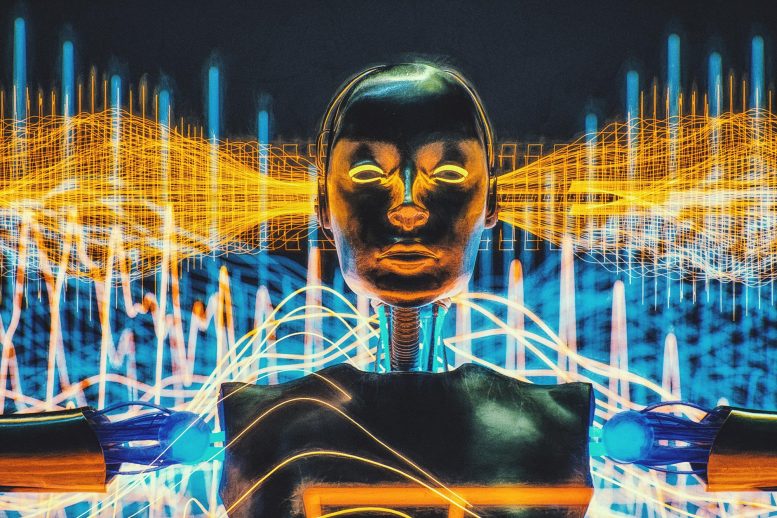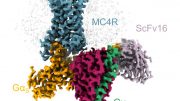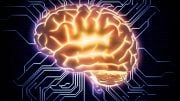
New research addresses the risks and liabilities associated with implementing AI in the food industry, proposing a temporary adoption phase to assess AI’s benefits and challenges, and emphasizes the need for more research on legal and economic structures.
The conversation about deploying artificial intelligence often centers on the trustworthiness of AI applications: Are they producing reliable, unbiased outcomes and maintaining data privacy? However, a recent paper published in Frontiers in Artificial Intelligence raises a unique concern: What if an AI is just too good?
Carrie Alexander, a postdoctoral researcher at the AI Institute for Next Generation Food Systems, or AIFS, at the University of California, Davis, interviewed a wide range of food industry stakeholders, including business leaders and academic and legal experts, on the attitudes of the food industry toward adopting AI. A notable issue was whether gaining extensive new knowledge about their operations might inadvertently create new liability risks and other costs.
For example, an AI system in a food business might reveal potential contamination with pathogens. Having that information could be a public benefit but also open the firm to future legal liability, even if the risk is very small.
“The technology most likely to benefit society as a whole may be the least likely to be adopted, unless new legal and economic structures are adopted,” Alexander said.
An on-ramp for AI
Alexander and co-authors Professor Aaron Smith of the UC Davis Department of Agricultural and Resource Economics and Professor Renata Ivanek of Cornell University, argue for a temporary “on-ramp” that would allow companies to begin using AI, while exploring the benefits, risks and ways to mitigate them. This would also give the courts, legislators and government agencies time to catch up and consider how best to use the information generated by AI systems in legal, political, and regulatory decisions.
“We need ways for businesses to opt in and try out AI technology,” Alexander said. Subsidies, for example for digitizing existing records, might be helpful, especially for small companies.
“We’re really hoping to generate more research and discussion on what could be a significant issue,” Alexander said. “It’s going to take all of us to figure it out.”
Reference: “Safer not to know? Shaping liability law and policy to incentivize adoption of predictive AI technologies in the food system” by Carrie S. Alexander, Aaron Smith and Renata Ivanek, 17 November 2023, Frontiers in Artificial Intelligence.
DOI: 10.3389/frai.2023.1298604
The work was supported in part by a grant from the USDA National Institute of Food and Agriculture. The AI Institute for Next Generation Food Systems is funded by a grant from USDA-NIFA and is one of 25 AI institutes established by the National Science Foundation in partnership with other agencies.









What a pity! Further developments in AI could result in ground-breaking advancements, in time, causing AI to equal or even surpass human intelligence. Quite unfortunately, humans will unwittingly cause their extinction. I’m not an ecologist but from simple biology, we’ve evolved overtime to what we currently are and reached climax. AI, however, can lead to a forward shift in the climax unlinke the traditional evolution, causing a nuanced “transcendent climax”-AI robots. It’s what we’ll evolve into. As time flies on omniously for humanity, it’s time for a “rethink”.
Nonsense. The same argument can be used for any system capable of detecting problems. The three monkeys solution – see no evil etc. does not protect against liability. Not using known methods to prevent public danger can make you liable.
Some companies will use it, some will avoid. Some countries will be more AI friendly and support it’s development and some will not(see Europe and its gdpr rules). We will then see took the bad decision. But, most probably, learning more about AI, developing it, integrating it into common tech, will provide higher superior technology and by the time the other countries or companies realise it,they will not be competitive any more.